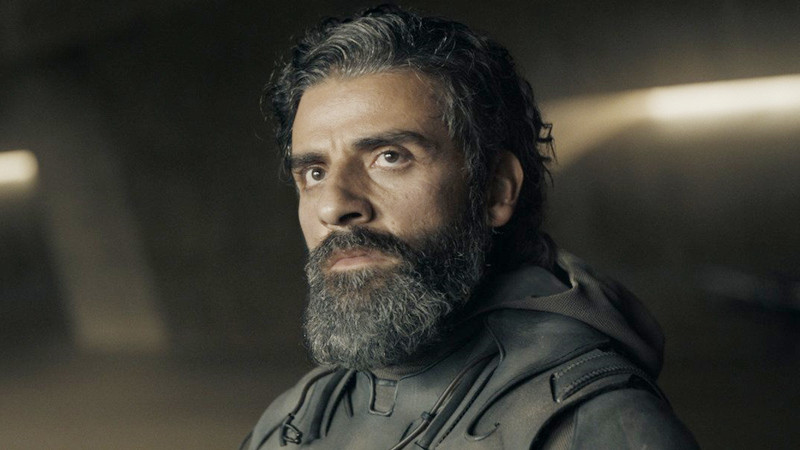
Into the new millennium, many talented filmmakers have helped push the science fiction genre to new heights with thought-provoking movies that reflected the many technological advances, rapid paradigm shifts, and intimidating uncertainties of this day and age; grappling with scorching ideas about the human condition, outer space, artificial intelligence, and time travel all worth confronting.
Rounding up the 20 best sci-fi films of the 21st century is a nearly impossible task that inevitably entails leaving out a handful of glaring omissions. Among those films that just missed the cut, George Miller’s pulse-pounding actioner “Mad Max: Fury Road”, Yorgos Lanthimos’ off-kilter comedy “The Lobster”, Lars von Trier’s startling apocalypse drama “Melancholia” and Richard Linklater’s trippy Philip K. Dick’s adaptation “A Scanner Darkly” all deserve a big shout out. But all things considered, there should be a little something for everybody in the present list. Without further ado, let’s dive in.
20. Nope (Jordan Peele, 2022)
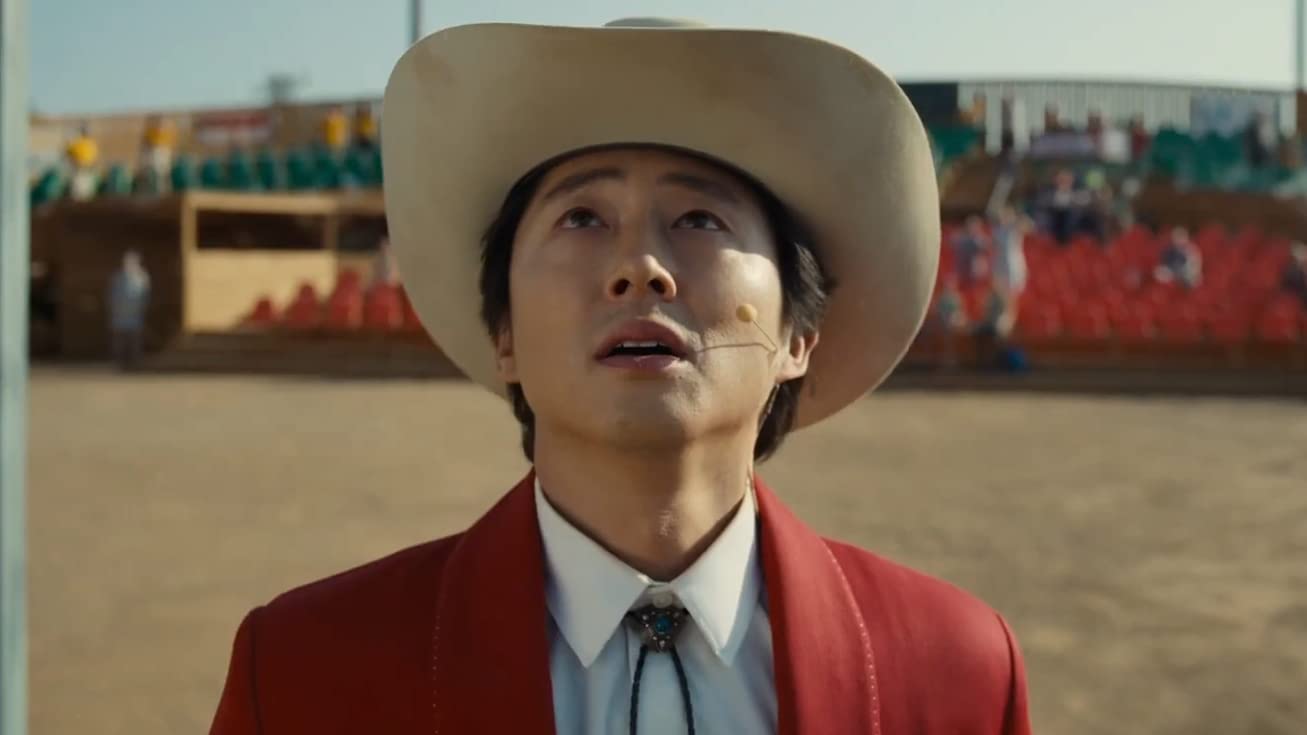
The first entry in the list happens to be one still fresh on our minds, with comedian-turned trailblazing auteur Jordan Peele treating us earlier this year to the kind of cleverly constructed and wildly unpredictable summer blockbuster that are few and in between nowadays.
After breathing new life into the horror genre with “Get Out” and “Us”, the visionary director tipped his toes into science fiction for the first time with “Nope”; equal parts an old-fashioned flying saucer popcorn flick, revisionist neo-Western, and myth-busting indictment on Hollywood’s meat grinder that laces its jabs with genuine menace. Daniel Kaluuya and Keke Palmer star as two brothers in a family of horse trainers who try to capture irrefutable proof of extraterrestrial life. Tipping its hat to a plethora of classic sci-fi staples (from “Close Encounters” to “Signs”) to concoct a bone-chilling spectacle that feels thoroughly its own thing, “Nope” will give you a lot to chew on.
19. Looper (Rian Johnson, 2012)

Long before subverting everyone’s expectations in “Star Wars” and single-handedly revitalizing the whodunit genre with “Knives Out”, the polarizing director Rian Johnson took his first real stab at the mainstream with “Looper”, an inventive film set in a near-future where the mob use time travel to send targets back to the past to be disposed without a trace.
All seems well for the man hired to pull the trigger (an unrecognizable Joseph Gordon-Levitt), until one of his higher-ups decide to tie up all loose-ends, which means sending an older version of himself (Bruce Willis) to be dealt with. Central to the film’s moral conundrum is the intriguing relationship that burgeons between these two alternate versions of the same tormented man. Though treading familiar territory, “Looper” manages to feel refreshing and eschew redundancy with solid acting all across the board and taut execution by Johnson, who would leverage his work into shooting “The Last Jedi” not long afterwards.
18. Snowpiercer (Bong Joon-ho, 2013)
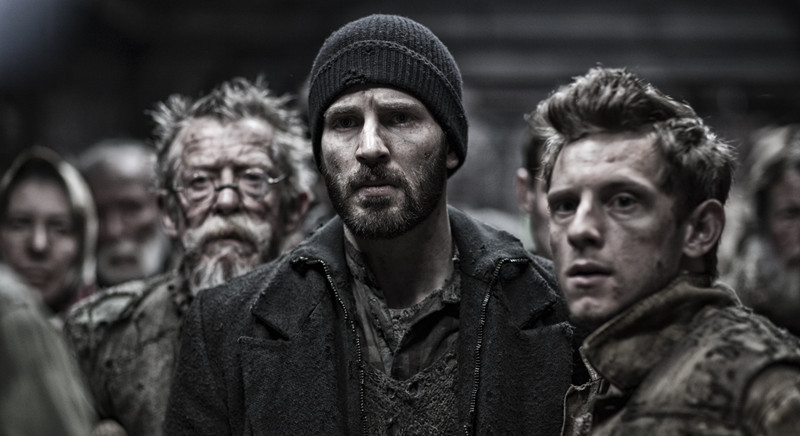
Peerless international stardom might have evaded writer-director Bong Joon-ho until ‘Parasite’ swept the historical 2019 awards season, but the Korean maestro had already given us a glimpse at the razor-sharp social commentary he’s accustomed us to with his first English-language production.
“Snowpiercer” takes place within the confines of a cutting-edge train that roams across Earth’s post-apocalyptic surface and is strongly segregated by class, with the rich brutally subjugating the working class. Announcing itself as one of the most thought-provoking and politically-tinged dystopian films of the past decade — and later on inspiring a 3-season TV series of the same name — Bong Joon-ho’s blockbuster is not to be missed. Fans of his 2019 anti-capitalist thriller will have no problem whatsoever tuning to the film’s wavelength and shrewd cross-section of totalitarian control and class struggle.
17. Paprika (Satoshi Kon, 2006)
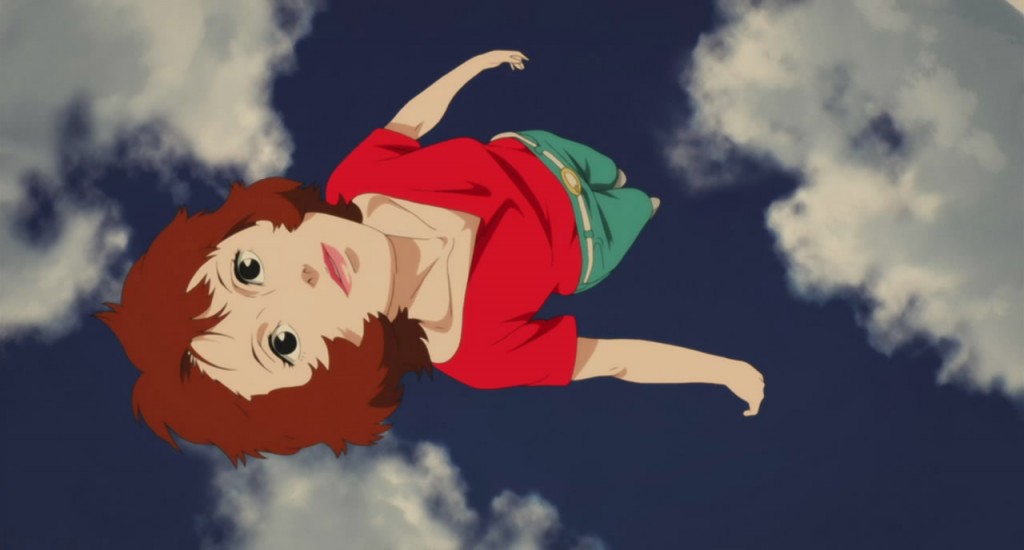
Animation is an ideal art-form to tackle the sci-fi genre that many talented directors have turned to in order to bring futuristic cityscapes to life and slide through layers of fiction in striking fashion. But perhaps no filmmaker in the new millennium understood the infinite possibilities of the medium and pushed its frontier as an art form with such gusto as Japanese master Satoshi Kon.
Rightly praised for serving as inspiration for Christopher Nolan’s highly-influential 2010 brainteaser, “Paprika” is perhaps the closest any film has come to distilling dreams and the uncanny straight into celluloid. Centering around a group of psychiatrists who must retrieve a stolen device that allows its user to infiltrate one’s dreams, Kon’s film is a sensory overload overflowing with ideas that proves more mesmerizing and rewarding than the typical big-screen spectacle.
16. Dune (Denis Villeneuve, 2021)

Frank Herbert’s seminal novel, a politically laden, anti-colonialist parable about a young prince turned Messiah, collected dust on the shelves of every Hollywood studio since David Lynch first took a stab at it in 1984. Enter Denis Villeneuve, the mastermind behind Universal’s $165 million smash hit, who pulled off the impossible by introducing a whole new generation of moviegoers to the wonders of Arrakis, spice melange, and 30-meter-long sand worms while paying justice to the once-considered unfilmable source material.
The implicit risk of alienating general audiences and long-time readers was deftly avoided in part by doing away with needless exposition and splitting the main novel in two feature-length epics. Paradoxically, this timely decision makes the 2021 “Dune” a worthy adaptation if unequivocally an uncompleted one.
15. Inception (Christopher Nolan, 2010)
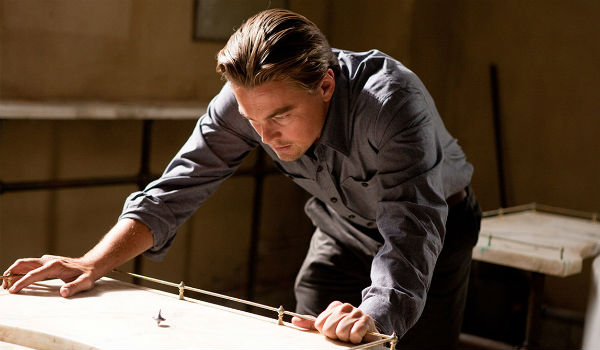
The venerated British director could have just as easily been tapped for his 2014’s schmaltzy space epic “Interstellar”, but the grandeur, precision, and lasting impact of “Inception” can’t be denied. Nolan’s framework here is constructing a heist film within the dark recesses of the human mind — a sandbox of opportunities for the filmmaker to ostentatiously flex his hefty budget and artistic obsessions with a puzzle-box narrative in which Leonardo DiCaprio plants an idea into the mind of a wealthy businessman.
Whether “Inception” is actually one of the best science fiction movies of the 21st century is beside the point. Though far from perfect, Christopher Nolan’s star-studded brainmelter is the defining blockbuster of the 2010s; a glossy Hollywood spectacle that’s become mythically embedded in our pop culture and encapsulates about every style and trend that have come to pass in the past decade.
14. Hard to Be a God (Aleksey German, 2013)
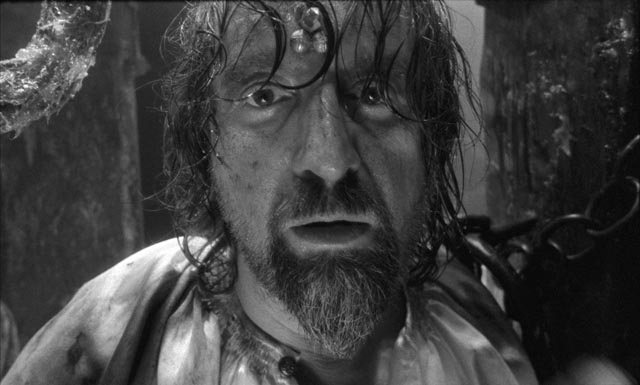
Never has science fiction felt as muddy, visceral, and ferocious as in Aleksey German’s three-hour-long, black-and-white epic, a gargantuan novel adaptation that took over a decade to wrap up, in which a group of scientists leave Earth and land on a foreign planet that seems to be perpetually stuck in its own Middle Ages.
Barbarism, zealotry, and pandemonium abound, with a camera following all the chaos like a fly on the wall with invasive close-ups as our lead character — at once an alien interloper and messianic figure among the locals — makes his way through this dark-age swamp smeared in mud and blood. Nitpickers will argue that the film doesn’t really play by the genre’s playbook, but “Hard to Be a God” is definitely a must watch for any sci-fi aficionado worth their salt, especially fans of Andrzej Żuławski’s “On the Silver Globe”.
13. Minority Report (Steven Spielberg, 2002)
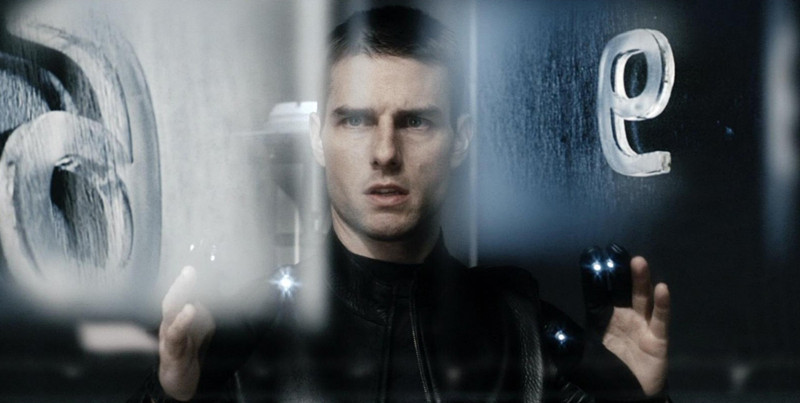
No matter what genre he works in, Steven Spielberg plays by his own rules. The veteran American director has been going at it for so long that it’s easy to forget the sheer number of stone-cold classics he’s churned out throughout the decades. Among his sci-fi credentials, the watershed “Close Encounters of the Third Kind”, the heartfelt “E.T.” and the Kubrick-penned “A.I. Artificial Intelligence” have each captured our imagination with mighty rapture.
But this bleak, post-9/11 Philip K. Dick adaptation stands as the clearest, and perhaps most sophisticated, expression of Spielberg’s artistic voice in the past two decades. At once exhilarating and profound, “Minority Report” follows ‘pre-crime’ cop John Anderton (Tom Cruise), who arrests perpetrators before they commit the crime. Propelled by Dick’s rich source material, Spielberg’s sturdy craftsmanship and Cruise’s peerless action-hero persona, “Minority Report” delivers an enthralling tissue sample of early-aughts dystopian sci-fi that grows more pertinent with each passing day.
12. Under the Skin (Jonathan Glazer, 2013)
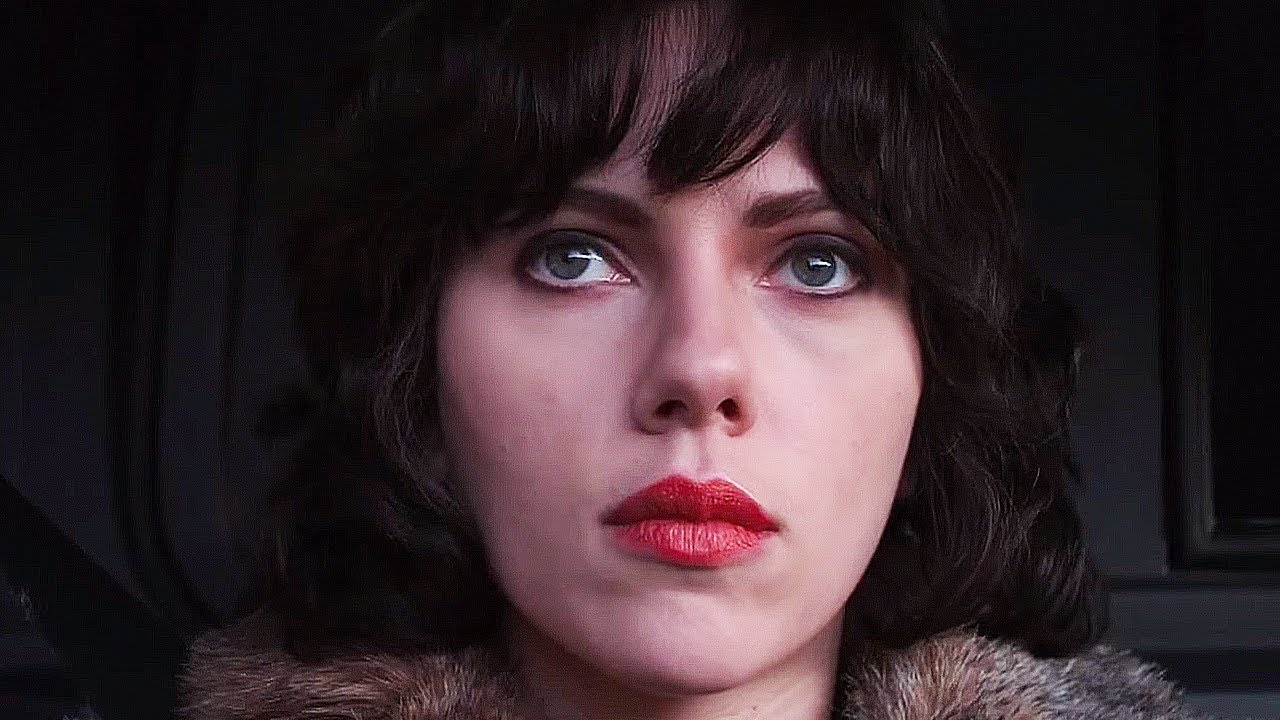
So languidly paced, densely layered, and unorthodox that it was destined to emerge as one of the most polarizing offerings of the entire 2010s, Jonathan Glazer’s mercurial slasher boggled general audiences upon release, only to be later reappraised for its incisive exploration of self-identity, sexuality, and survival.
A beguiling movie that beckons to be revisited in order to be fully unraveled, “Under the Skin” stars Scarlett Johansson as an Earth-wandering seductive alien disguised in human form who roams through the Scottish nightscape in search of human flesh — a vicious predator you somehow can’t help but warm up to. Though admittedly something of an acquired taste that might alienate moviegoers with short attention spans, few entries in the modern sci-fi canon have posed such lofty questions about mankind, even if the few answers it reaches only grow a little clearer with each repeated viewing.
11. Upstream Color (Shane Carruth, 2013)

Before derailing his career with a troubled history of abuse, indie writer-director Shane Carruth threw his hat in the ring with a solid one-two punch of genre-defining sci-fi head-scratchers, including the 2013 “Upstream Color”, that established him as a promising young talent in Hollywood.
Repressed trauma, fragmented memories, and romance all coalesce into one in this impressionistic, often confounding, slice of existential drama, in which two broken souls (Amy Seimetz and Carruth) find refuge in each other’s company after being hypnotized and scammed by a shadowy figure. Conjuring up the poetic visuals of Terrence Malick, with ample doses of Andrei Tarkovsky, “Upstream Color” is filled with ideas about free will and self-consciousness worth confronting. Though following the breadcrumbs of the abstract narrative is engrossing in itself, it’s the gripping emotional hook that resonates and elevates this film to cult status.